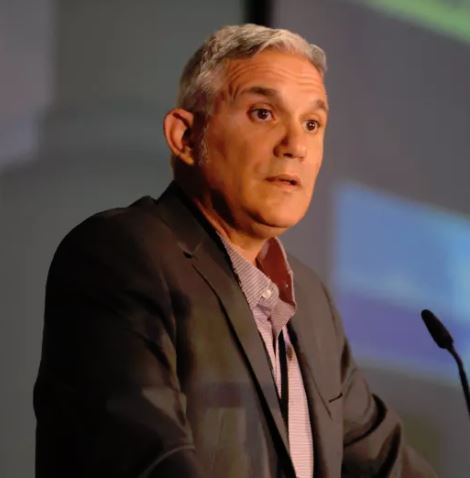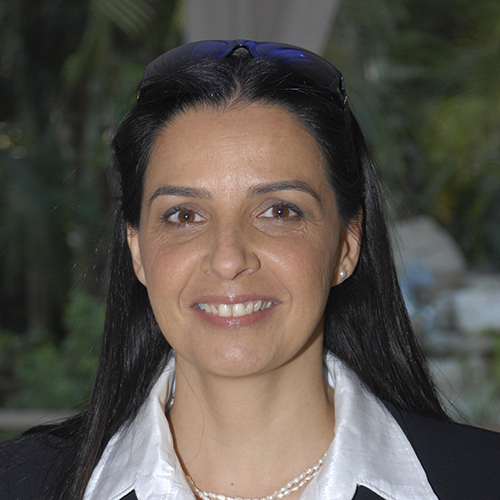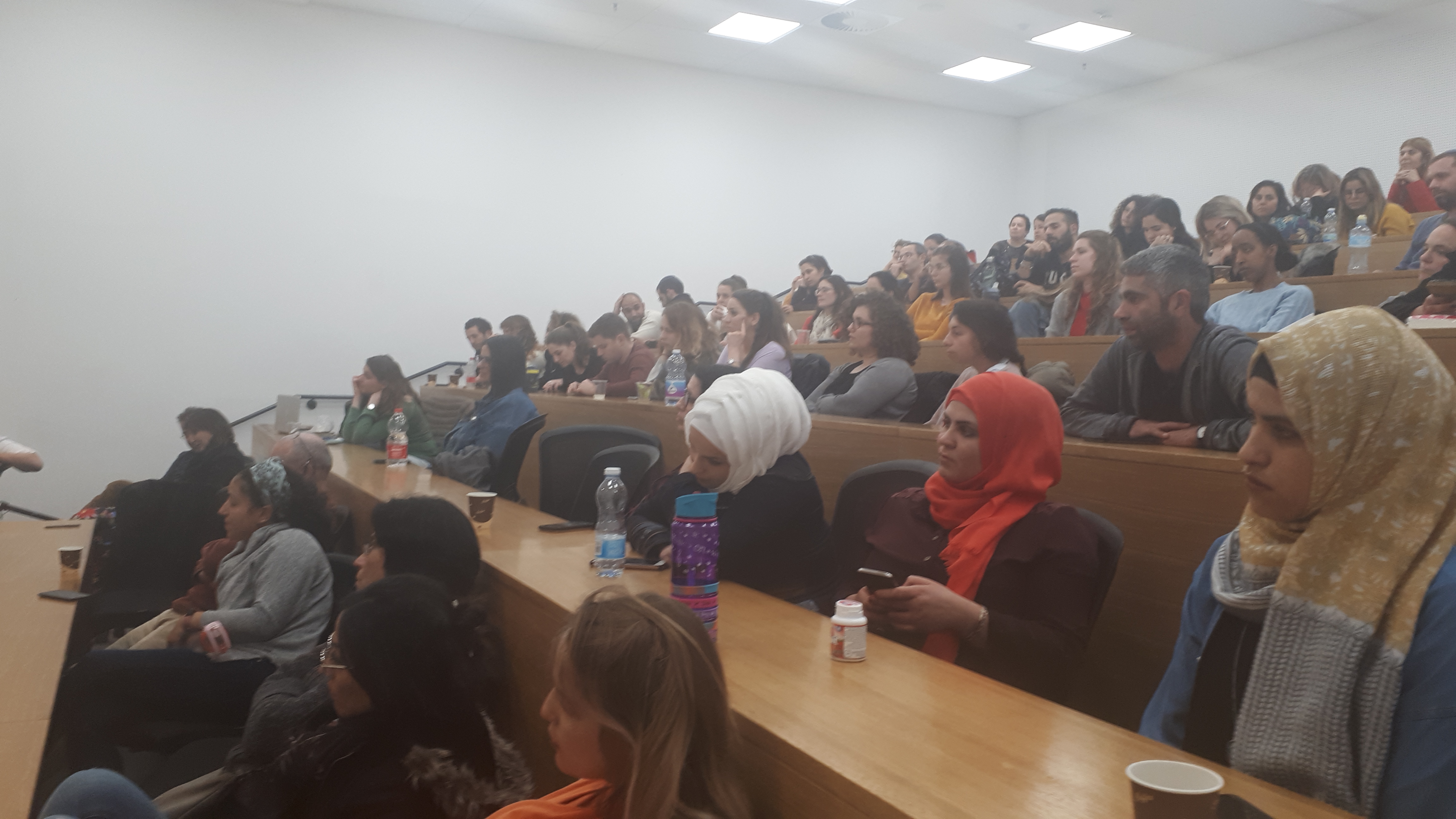Mordechai Cohen, Director-General of the Interior Ministry, special guest lecturer
The Boundaries of the Public Sector vis-à-vis the Third Sector
 April 1, 2019 The Jack, Joseph and Morton Mandel Institute for Social Leadership at Ben-Gurion University hosted Mordechai Cohen, Director-General of the Israel Ministry of the Interior, in a special lecture dealing with the examination of the boundaries of public sector tasks vis-à-vis the third sector, organizational behavior approaches of senior officials in the public sector, the central issues of the Ministry of the Interior. The audience of this special lecture were students from the Guilford Glazer Faculty of Business and Management (GGFBM Department of Public Policy and Administration, and the Mandel MBA Program in Social Leadership (SLMBA).
April 1, 2019 The Jack, Joseph and Morton Mandel Institute for Social Leadership at Ben-Gurion University hosted Mordechai Cohen, Director-General of the Israel Ministry of the Interior, in a special lecture dealing with the examination of the boundaries of public sector tasks vis-à-vis the third sector, organizational behavior approaches of senior officials in the public sector, the central issues of the Ministry of the Interior. The audience of this special lecture were students from the Guilford Glazer Faculty of Business and Management (GGFBM Department of Public Policy and Administration, and the Mandel MBA Program in Social Leadership (SLMBA).
Mordechai Cohen
This event was the first to mark the relocation of the GGFBM Department of Public Policy into the Mandel Institute for Social Leadership building. Dr. Granit Almog-Bareket, Director of the Mandel Graduates Unit of the Mandel Foundation Israel, was invited to moderate the discussion, which she commanded astutely, steering debate directly towards these students headed for senior leadership positions with high social impact. This was the first lecture combining these two GGFBM Masters program students.
 Dr. Almog-Bareket (left) stressed how real social change requires time. Opening by quoting the late Warren Bennis (the pundit of leadership as an academic field): "Leadership is the capacity to translate vision into reality…. Managers do things right. Leaders do the right thing," she expounded on the meaning of leadership and management, evoking constructive responses from the Interior Ministry Director General.
Dr. Almog-Bareket (left) stressed how real social change requires time. Opening by quoting the late Warren Bennis (the pundit of leadership as an academic field): "Leadership is the capacity to translate vision into reality…. Managers do things right. Leaders do the right thing," she expounded on the meaning of leadership and management, evoking constructive responses from the Interior Ministry Director General.
Cohen spoke to the students about reform, changes promoted by the Interior Ministry, and explained the components and processes for the success of a public-government ministry to do so. He stressed that in order for the public sector to succeed in long-term social reform, the social commitment of all government officials, as well as tenacious persistence are required. Cohen explained decision-making processes up to their implementation, a “how this works" at the level of the director-general of a government ministry. He explained that, above all, in order to secure change and reform, we must know first what the vision is.
Another point addressed to students was the interface between academia and practice, which Dr. Almog-Bareket stressed as well, and which she herself embodies in her career. According to Cohen, the economy needs applied research, not “those to be shelved." Many of the studies submitted to him as the Ministry DG have been detached from reality, did not include enough in-depth data and understanding.

students from the Department of Public Policy & Administration and from the Mandel Social Leadership MBA Program
Prof. Pierre Kletz, Chairman of the Department of Public Policy & Administration and Academic Director of the Mandel MBA Program in Social Leadership, as well as Director of the BGU Mandel Institute for Social Leadership, also explained how the two academic fields - public policy and social leadership – complement each other harmoniously: "We saw this in the discussion, when Dr. Granit Almog-Bareket and Mordechai Cohen expressed identical views regarding management and processes: She in nonprofit organizations meaning third sector, and he in a government ministry meaning the public sector."
The Jack Joseph and Morton Mandel Institute for Social Leadership at Ben-Gurion University of the Negev houses the Mandel MBA Program in Social Leadership, the Department of Public Policy and Administration (MA), the Israel Center for Third Sector Research (ICTR), and other social leadership programs in management.
